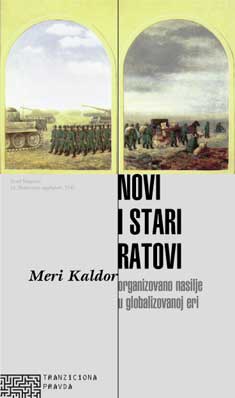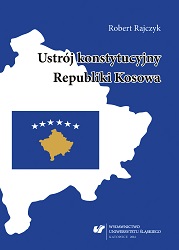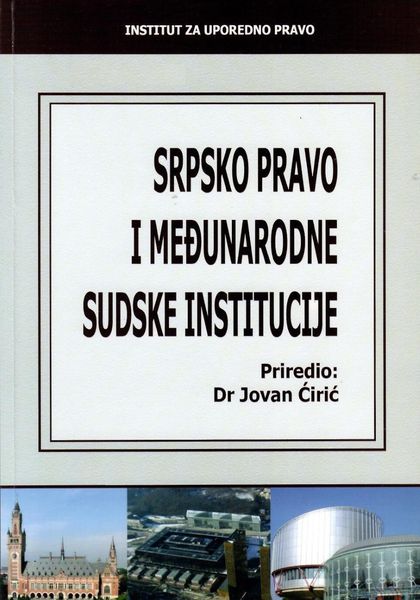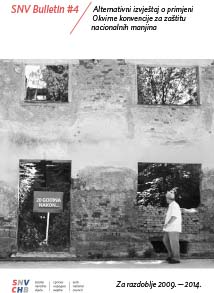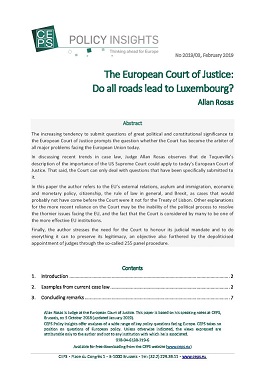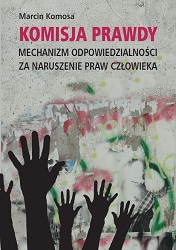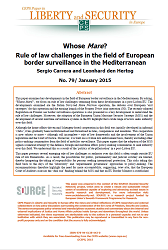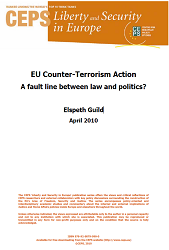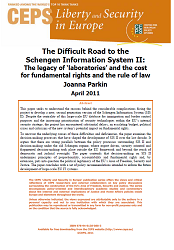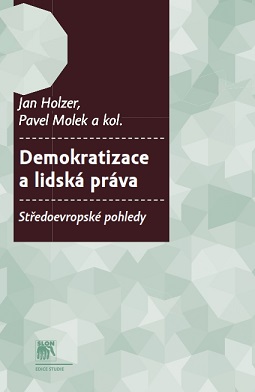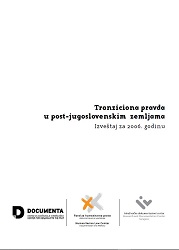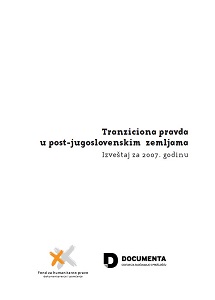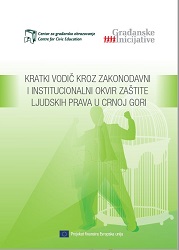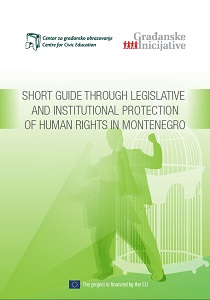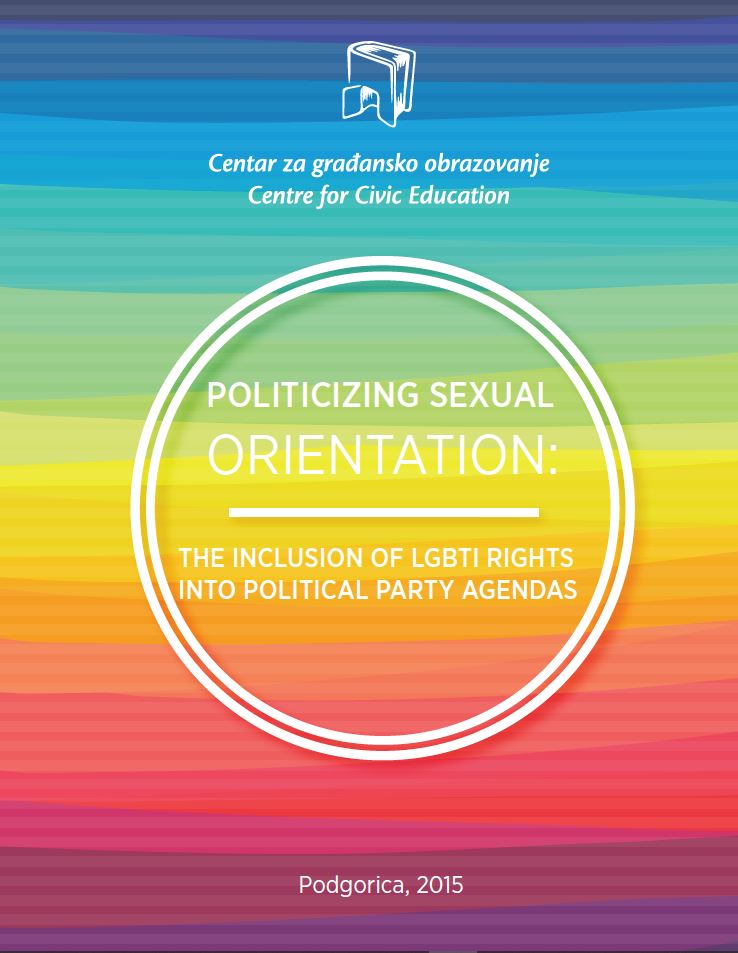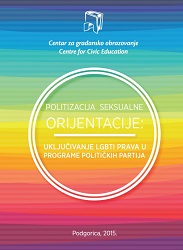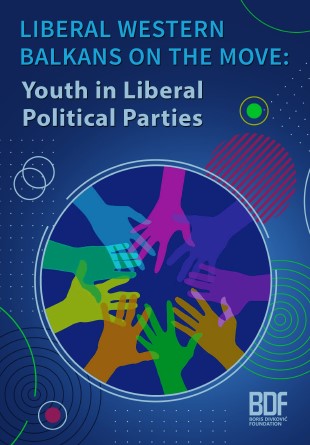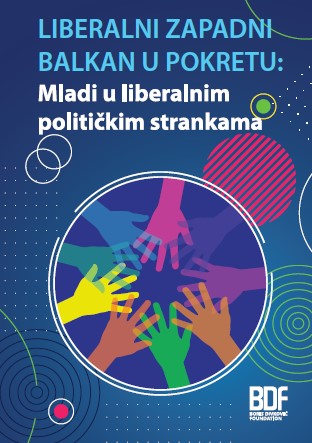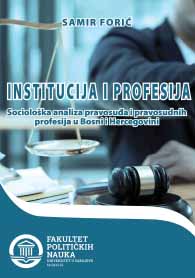Author(s): Marijana Laković Drašković,Daliborka Uljarević,Boris Marić,Wanda Tiefenbacher,Maja Stojanović / Language(s): English
The protection of human rights is a huge challenge for all transitional societies. The achievements within constitutional, legal and institutional protection mechanisms are still seriously restricted in practice, which itself precisely diagnoses social weaknesses irrespective of whether their root lies at irresponsible political elites, whose influence on the institutions impacts the working efficiency and effectiveness, or it comes about bad habits, traditional demagogy and prejudices. The strengthening of administrative capacities, through developing autonomous institutions, immune against improper political influences, capable of achieving full international cooperation and implementing the best international standards and practices, shall represent one of the national Montenegrin priorities in the course of establishing functional democracy through the negotiation process with the EU. In order to achieve an overall protection of human rights, a normative and institutional framework should be fully coordinated. The areas covered by Chapter 23 (Judiciary and Fundamental Rights) are of utmost importance for core reforms of the Montenegrin institutions and fall under specific political criteria for the accession to the EU. On the path towards joining the European Union there shall not be more and less relevant human rights; within this process they are inseparable and mutually dependent. Therefore, this publication provides an overview of the current normative and institutional system of Montenegro within the area of the protection of human rights and freedoms, with reference to necessary intervention for compliance with the international institutes, as well as practical mechanisms for the protection of human rights. Such a reference is been given through the relationship between international and domestic law, the fundamental freedoms guaranteed by the Constitution, the grounds of the controversial efficiency issues of legal remedies for the protection of human rights within the Montenegrin legal system. The efficiency of legal remedies has a special relevance, both for citizens and their interest to have their guaranteed rights protected by the institutions along with international norms, and for Montenegro which shall in future reduce the number of applications towards the European Court for Human Rights in Strasbourg. A particular part is devoted to the institutions and bodies responsible for the achievement, promotion and protection of the human rights in the Montenegrin legal system and to the relationship of the citizens with the state administration. Through developing a phenomenon concerning the prohibition of discrimination, the attention is been drawn to the necessity to establish a continuing system for the protection of human rights and freedoms. A part of issues within the area of human rights which are to be solved, is set as a priority for Montenegro, and it includes the following items: the freedom of expression and of the media, the position of minority peoples as well as other minority national communities, gender equality, the rights of children, the position of disabled people, the position of people with different sexual orientation and gender identity, the rights of people deprived of liberty, the prohibition of torture and other inhumane and degrading treatment or punishment, restitution, etc. The listed issues place a burden on social relations in Montenegro to a significant extent and represent a challenge for establishing an efficient and effective system for the protection of human rights and freedoms, as well as the functionality of Montenegrin democratic society. Additionally, this publication elaborates on human rights in Montenegro through the view of international treaties, and this is of a particular importance for creating an objective image concerning capacities and achievements of the Montenegrin institutions in this area. A contribution to such a perception, is being given through a comparative review of the regional experiences as well, in other words the Serbian experiences. Finally, the reader will find useful forms and instructions, as well as a specific guide for the proactive protection of the human rights and freedoms of the citizens of Montenegro. That represents an attitude of the very editors and authors regarding the necessity that each of us individually at every moment shall have civic awareness, conscience and courage to support the protection of human rights and freedoms. For themselves, as well as for those who are not capable of doing so.
More...
